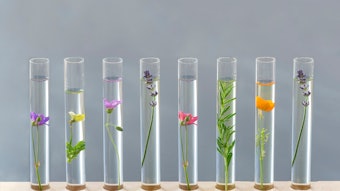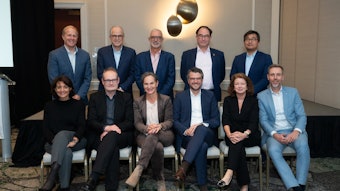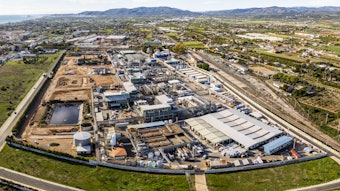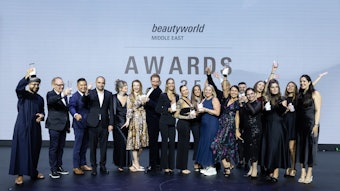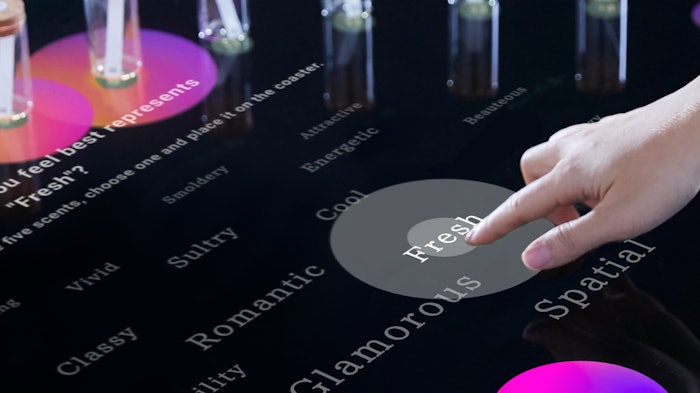
Computational power and large amounts of data have led to breakthroughs in areas such as drug discovery, autonomous driving, machine-generated faces and voices, as well as the customization of your favorite social media feeds. But when it comes to computationally created fragrances, can we smell them yet?
In June 2016, I asked the president of innovation at a large fragrance and flavor supplier whether they believe that robots will soon be able to create perfumes. They said they hoped to no longer be around if it ever were to occur.
In July 2022 at the World Perfumery Congress (WPC) in Miami, Symrise senior perfumer Dave Apel told me of the moment he knew the company’s digital perfumery assistant, Phylria, worked: “I could relate to what the machine was doing. I watched it do something I studied 40 years for.”
Futurist Roy Amara once said, “We tend to overestimate the effect of a technology in the short run and underestimate the effect in the long run.” My two conversations, six years apart, and Amara’s quip suggests that we have underestimated the potential of what lies ahead in the world of fragrance. Specifically, groundbreaking innovations are in the making when it comes to machine learning (ML)--a subfield of AI--that gives computers the ability to learn without explicitly being programmed.
This is not only great news to our noses, but also to many pharma CFOs because applications for the chemical industry are already leading to a tremendous reduction in time and R&D costs. For designers of flavor and fragrance, increases in creativity, sustainability and scent discovery are to be expected, with a vision to use ML for molecular synthesis as well.
For the full article, please check out the Perfumer & Flavorist+ January 2022 issue.

